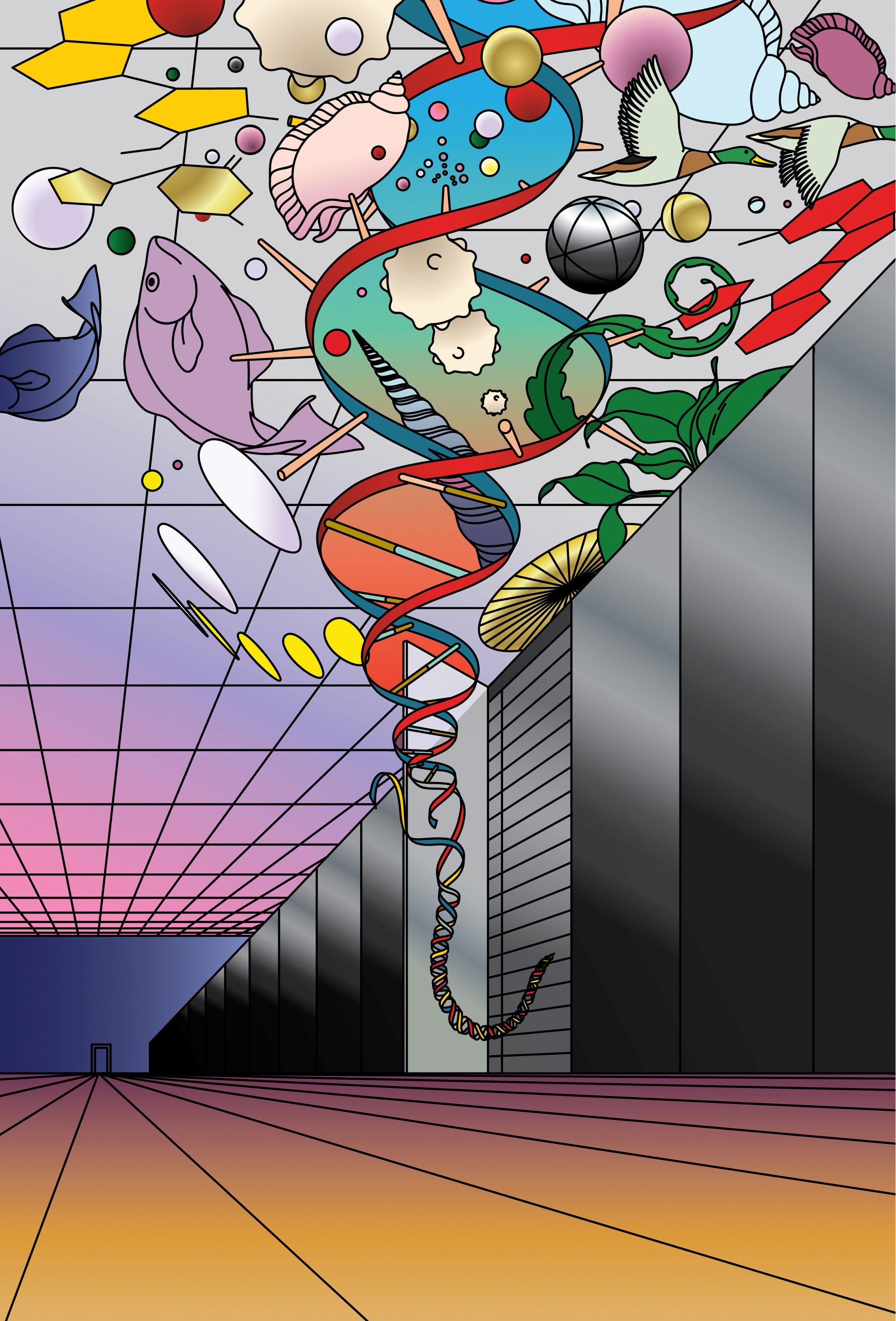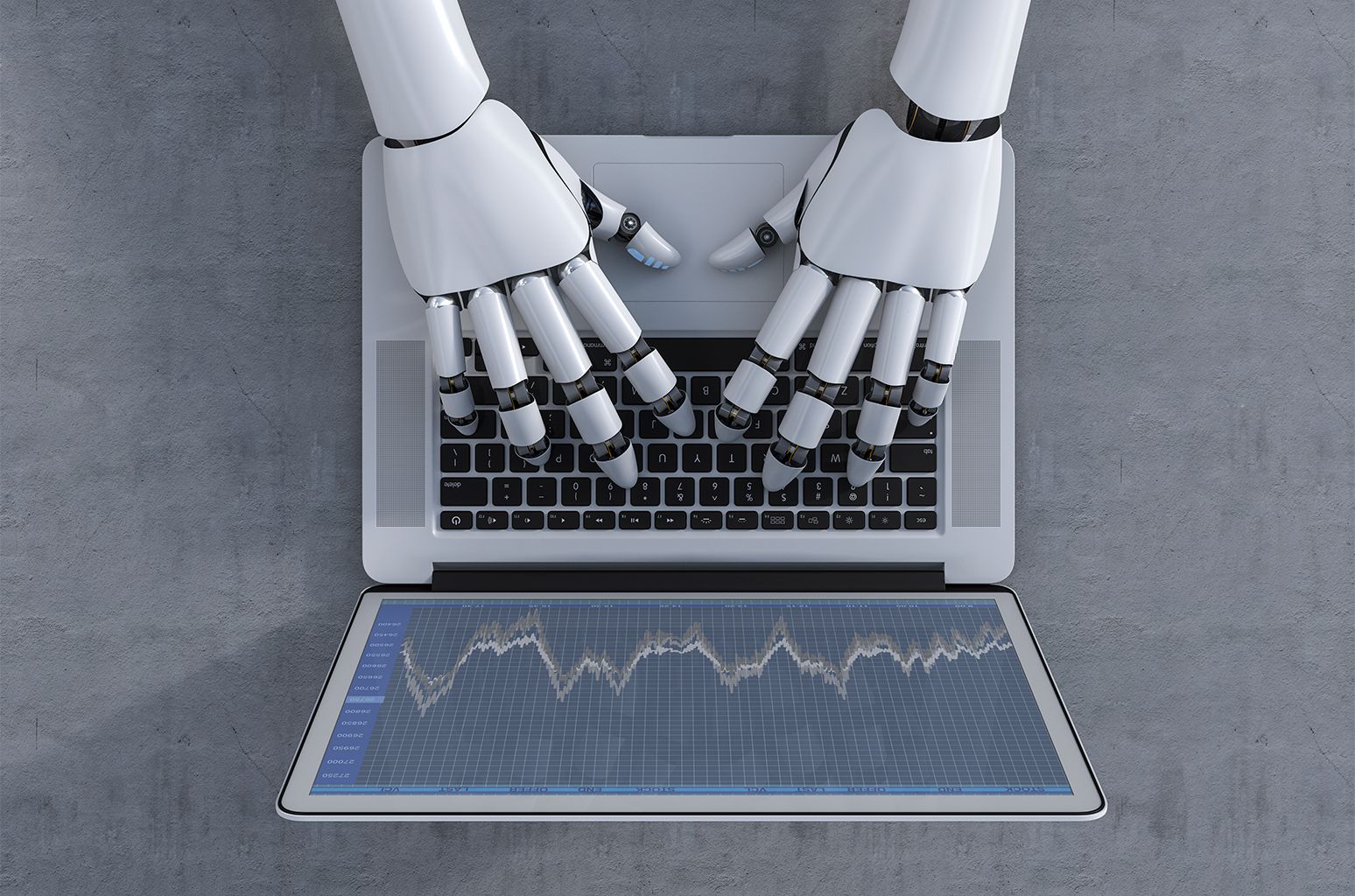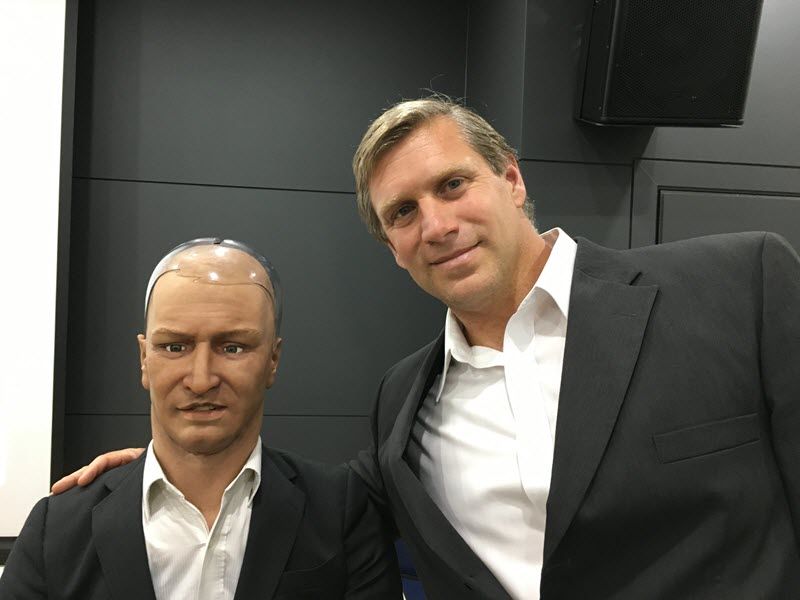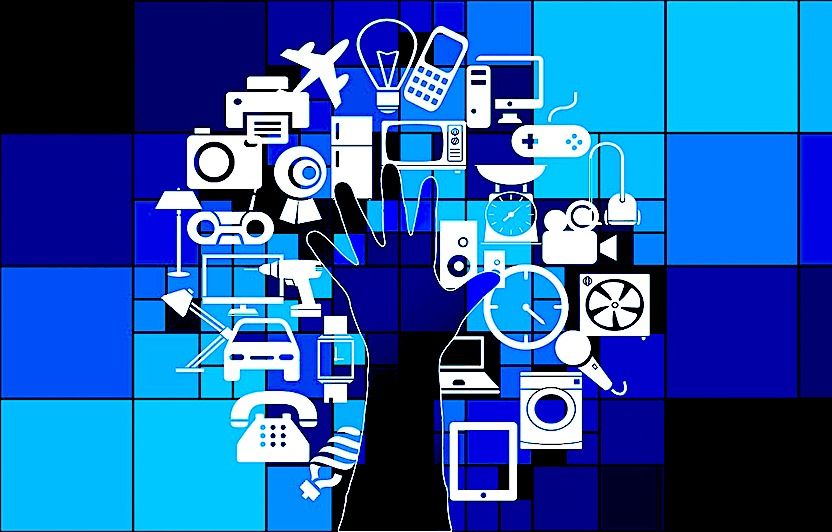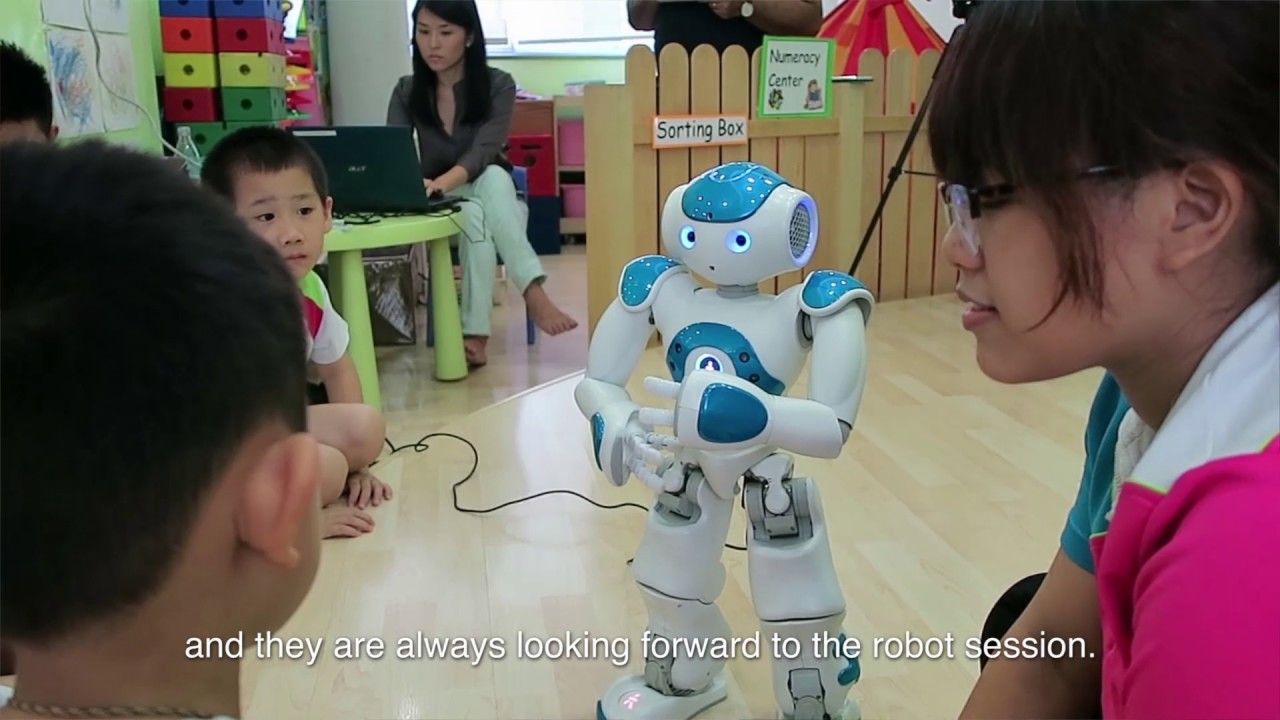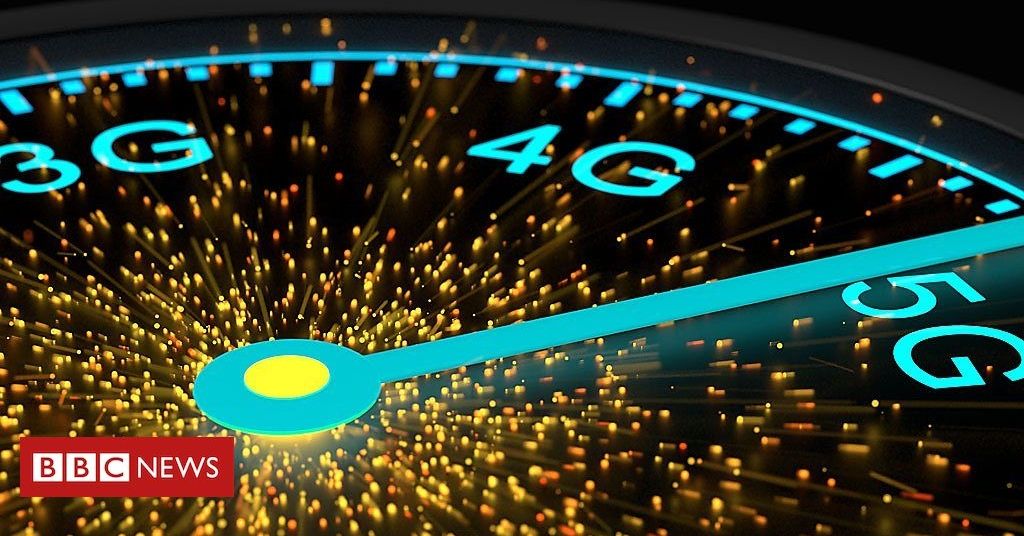May 14, 2018
What is the Singularity?
Posted by Derick Lee in categories: computing, internet, physics, singularity, transhumanism, virtual reality
Not everyone is convinced. Critics point out that one of the points of exponential growth is that it cannot carry on forever. After a 50-year run, Moore’s Law is stuttering. Singularitarians retort that the laws of physics define a limit to how much computation you can cram into a given amount of matter, and that humans are nowhere near that limit. Even if Moore’s Law slows, that merely postpones the great day rather than preventing it. Others say the Singularity is just reli…gion in new clothes, reheated millenarianism with transistors and Wi-Fi instead of beards and thunderbolts. (One early proponent of Singularitarian and transhumanist ideas was Nikolai Federov, a Russian philosopher born in 1829 who was interested in resurrecting the dead through scientific means rather than divine ones.) And those virtual-reality utopias do look an awful lot like heaven. Perhaps the best way to summarise the Singularity comes from the title of a book published in 2012: the Rapture of the Nerds.
And will it lead to the extermination of all humans?


